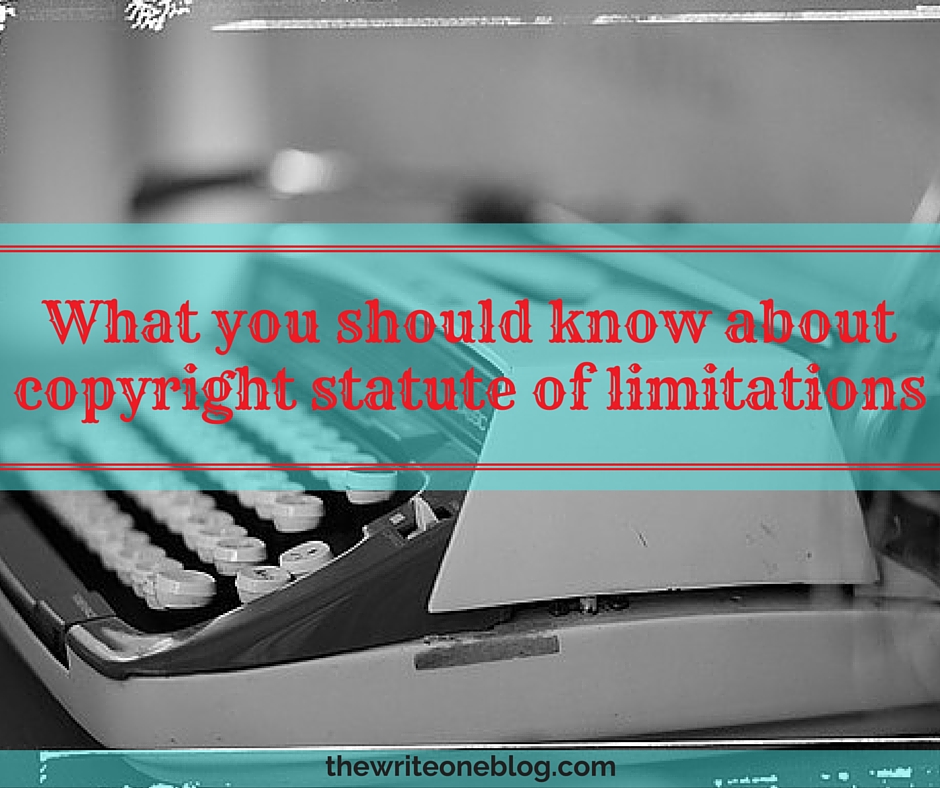What do you do if you find that someone has plagiarized your writing? It’s unthinkable, but you should always be prepared for the worst, especially where copyright law is concerned. Fortunately, the law heavily favors the copyright holder in these situations. This is where something called copyright statute of limitations becomes your good friend.
What Is Copyright Statute of Limitations?
A statute of limitations is a legal term describing the maximum period of time during which legal action can be taken. The length of time is going to vary based on the crime committed. Oftentimes the more serious the crime, the longer the statute of limitations. The statute of limitations on copyright infringement, for example, is three years. Once the statute has expired, it becomes impossible to bring the case to court in any capacity. It may seem strict, but it’s a necessary tool that prevents lawyers from “sitting” on a case and allowing key pieces of evidence and testimony to fade away before taking it to court. It also helps to bring closure to a case and keeps the court system from getting cluttered with redundant and irrelevant cases.
How Does Copyright Statute of Limitations Help You?
You may have already noticed a problem with the rules surrounding copyright statute of limitations. Copyright infringement is more arbitrary than other more cut-and-dry crimes because it’s all too easy for the criminal to stay under the radar and wait out those three years. Thankfully there’s an additional rule in place specifically to prevent this. Copyright statute of limitations is special in that it doesn’t go into effect until the infringement has ceased. What does this mean? This means that even if an infringement persisted over, say, five years, the statute of limitations won’t have expired until three years after the infringer is made to remove the offending material. That gives you plenty of time to assert your rights as the copyright holder without having someone try to sneak past you.
And that’s all there is to it! If you find yourself the victim of copyright infringement, be sure to seek legal advice before pursuing your next course of action. Have you been a victim of copyright infringement? If so, please share in the comment section below.
NEXT: How To Copyright A Book – Copyright Basics 101




0 Comments